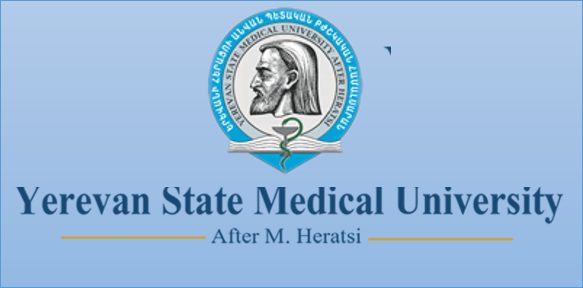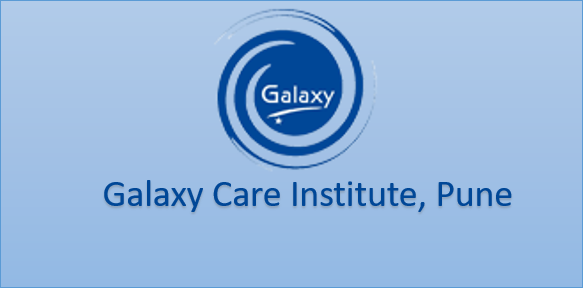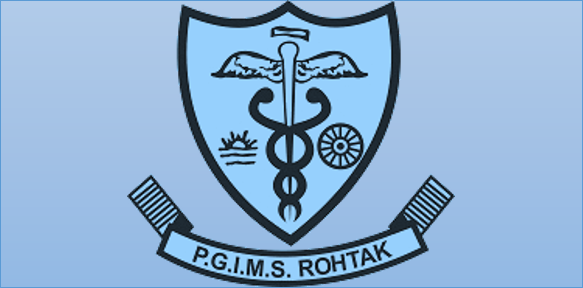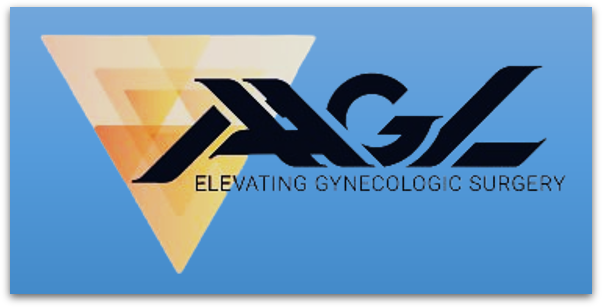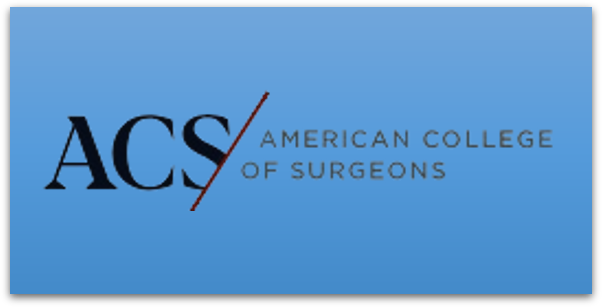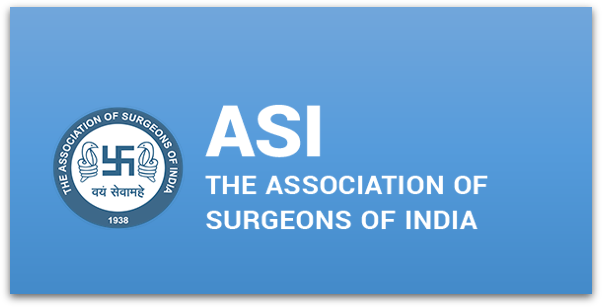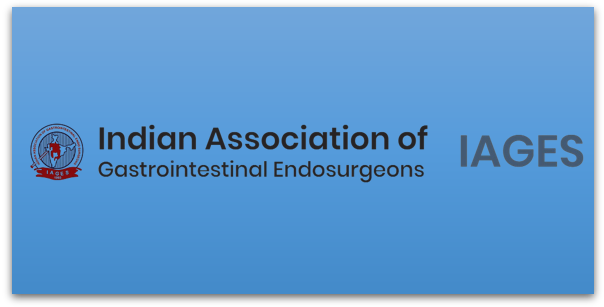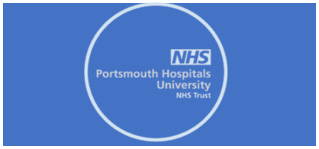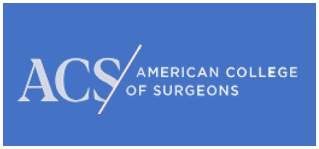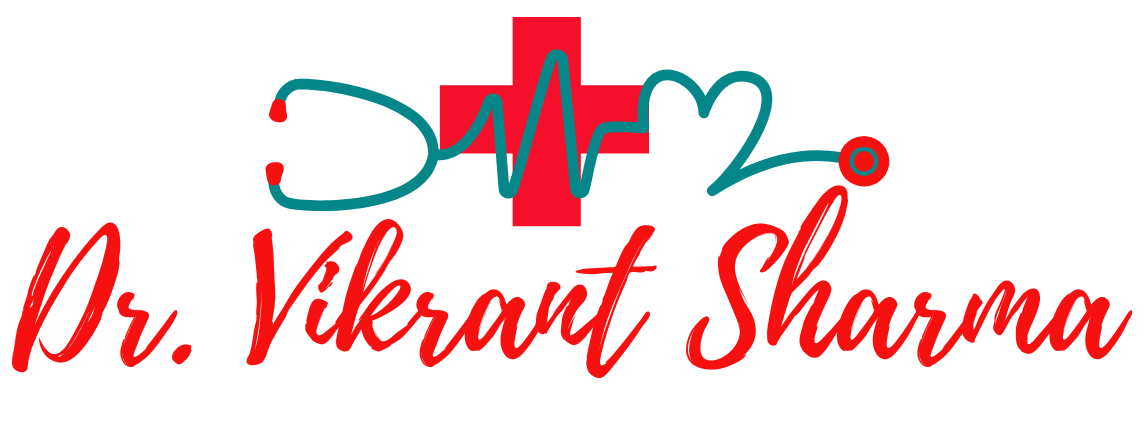





Connect with Dr. Vikrant, your trusted partner in care
Dr. Vikrant specializes in diagnosing and treating upper gastrointestinal (GI) diseases, offering personalized care and expertise to patients experiencing symptoms such as abdominal pain, heartburn, and difficulty swallowing. With a focus on early detection and tailored treatment plans, Dr. Vikrant ensures optimal outcomes and improved quality of life for individuals affected by these conditions
Upper gastrointestinal (GI) diseases encompass a variety of conditions affecting the esophagus, stomach, and the first part of the small intestine (duodenum). Here’s a list of some common upper GI diseases along with their treatments:
- Gastroesophageal Reflux Disease (GERD):
- Treatment includes lifestyle modifications (such as avoiding trigger foods, losing weight, and elevating the head of the bed), medications (like proton pump inhibitors, H2-receptor antagonists, and antacids), and in severe cases, Laparoscopic / Robot assisted surgical interventions like fundoplication can be done.
- Peptic Ulcer Disease:
- Treatment involves antibiotics to eradicate H. pylori bacteria if present, proton pump inhibitors or H2-receptor antagonists to reduce stomach acid, and medications to protect the lining of the stomach and duodenum.
- Gastritis:
- Treatment may include avoiding irritants like alcohol and NSAIDs, medications to reduce stomach acid (such as proton pump inhibitors or H2-receptor antagonists), antibiotics if H. pylori infection is present, and lifestyle changes.
- Gastric Cancer:
- Treatment options depend on the stage of the cancer and may include Laparoscopic / Robot assisted surgery, chemotherapy, radiation therapy, targeted therapy, and immunotherapy.
- Esophagitis:
- Treatment often involves proton pump inhibitors or H2-receptor antagonists to reduce stomach acid, avoiding trigger foods, medications to relieve symptoms like antacids, and lifestyle changes.
- Barrett’s Esophagus:
- Treatment may involve medications to reduce stomach acid, surveillance endoscopy to monitor for dysplasia or cancer, and in some cases, procedures like radiofrequency ablation or Robot assisted surgical removal of affected tissue.
- Esophageal Cancer:
- Treatment options include Robot assisted surgery, chemotherapy, radiation therapy, targeted therapy, and immunotherapy, depending on the stage and location of the cancer.
- Hiatal Hernia:
- Treatment may involve lifestyle changes to reduce symptoms, medications to reduce stomach acid, and in some cases, Laparoscopic / Robot assisted surgery to repair the hernia.
- Dysphagia (difficulty swallowing):
- Treatment depends on the underlying cause and may include medications to reduce inflammation or acid reflux, dietary modifications, swallowing therapy, and in some cases, procedures or surgery to widen the esophagus.
- Celiac Disease:
- Treatment involves strict adherence to a gluten-free diet, which means avoiding wheat, barley, rye, and sometimes oats. Nutritional supplementation may also be necessary to address deficiencies.
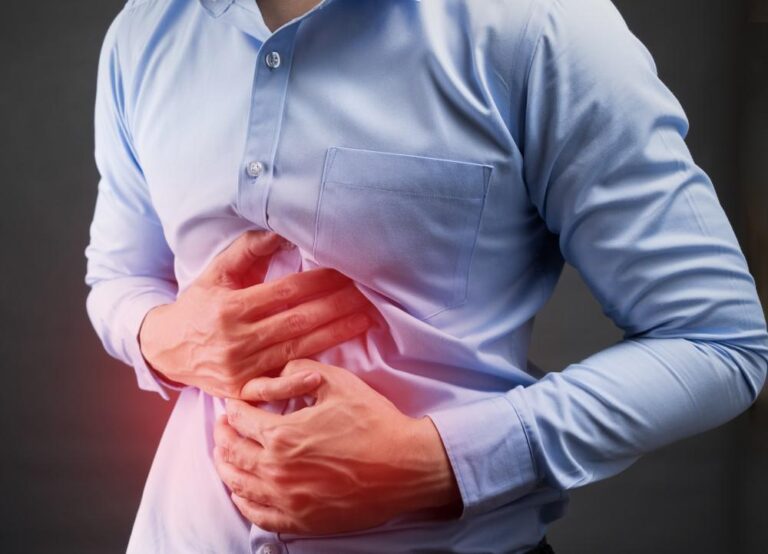
Lower gastrointestinal (GI) diseases encompass a range of conditions affecting the digestive tract from the small intestine to the rectum. Some common lower GI diseases include:
- Inflammatory Bowel Disease (IBD): This includes conditions like Crohn’s disease and ulcerative colitis, where the immune system attacks the gastrointestinal tract. Treatment may involve anti-inflammatory medications, immune system suppressors, antibiotics, and in severe cases, surgery to remove affected portions of the intestine.
- Irritable Bowel Syndrome (IBS): A functional disorder characterized by abdominal pain, discomfort, and changes in bowel habits without any evidence of underlying damage. Treatment often involves dietary modifications, stress management techniques, and medications to relieve symptoms.
- Diverticulitis: Inflammation or infection of pouches (diverticula) that form in the lining of the intestine. Treatment may involve antibiotics, pain relievers, a liquid diet, and in severe cases, Laparoscopic / Robot assisted surgery to remove the affected portion of the intestine.
- Colorectal Cancer: Cancer that develops in the colon or rectum. Treatment options depend on the stage of cancer but may include Robot assisted surgery, chemotherapy, radiation therapy, targeted therapy, and immunotherapy.
- Gastroenteritis: Inflammation of the stomach and intestines, usually caused by viral or bacterial infections. Treatment typically involves rest, hydration, and sometimes anti-diarrheal medications or antibiotics if the infection is bacterial.
- Hemorrhoids: Swollen veins in the rectum or anus that can cause pain, itching, and bleeding. Treatment often involves lifestyle changes (such as increasing fiber intake), topical medications, and in severe cases, procedures like rubber band ligation or surgical removal.
- Celiac Disease: An autoimmune disorder where ingestion of gluten leads to damage in the small intestine. Treatment involves following a strict gluten-free diet to prevent symptoms and intestinal damage.
- Constipation: Difficulty passing stools or infrequent bowel movements. Treatment usually involves dietary changes (increasing fiber intake, drinking more water), lifestyle modifications, and over-the-counter laxatives if necessary.
- Diarrhea: Passage of loose or watery stools. Treatment depends on the cause but may involve replacing lost fluids and electrolytes, avoiding irritating foods, and medications to address underlying conditions.
- Anal Fissures: Tears in the lining of the anus, often caused by trauma during bowel movements. Treatment includes topical medications to promote healing, dietary changes to soften stools, and sometimes surgical intervention.
Treatment for lower GI diseases varies widely depending on the specific condition, its severity, and individual patient factors.
If you are genuinely concerned about your health
Don’t hesitate to connect with Dr. Vikrant. He will provide the best consultation and offer the right treatment tailored to your health needs

Most popular and trending Questions
How does robotic surgery compare to traditional (open) surgery and laparoscopic surgery?
Robotic surgery offers advantages over traditional open surgery and laparoscopic surgery by providing enhanced precision, dexterity, and visualization, while also reducing incision size and patient recovery time
What are the benefits and risks of robotic surgery?
The benefits of robotic surgery include improved surgical outcomes, reduced pain and scarring, shorter hospital stays, and quicker recovery. However, there are potential risks such as longer operating times, costs, and technical limitations
Which surgical procedures can be performed using robotic technology?
Robotic technology can be used for a wide range of surgical procedures across various specialties, including urology, gynecology, general surgery, and cardiothoracic surgery
How does robotic surgery enhance precision and minimize invasiveness?
Robotic surgery enhances precision by offering 3D visualization, wristed instruments that mimic hand movements, and tremor filtration, while also minimizing invasiveness through smaller incisions
What training and qualifications are required for surgeons to perform robotic procedures?
Surgeons undergo specialized training and certification to perform robotic procedures, which includes simulation training, proctoring, and hands-on experience under supervision
How does robotic surgery impact patient recovery time and outcomes?
Robotic surgery can lead to shorter hospital stays, reduced pain, faster recovery, and improved cosmetic outcomes for patients, resulting in overall better outcomes compared to traditional surgery
What is the cost associated with robotic surgery compared to other surgical approaches?
The cost of robotic surgery includes expenses related to equipment, maintenance, and training, which may be higher than traditional surgical approaches. However, the potential benefits may outweigh the costs in terms of improved outcomes and reduced complications
What advancements are being made in robotic surgical technology?
Advancements in robotic surgical technology include improved imaging capabilities, ergonomic enhancements for surgeons, integration with artificial intelligence, and miniaturization of robotic platforms
Are there any limitations or challenges associated with robotic surgery?
Challenges in robotic surgery include high costs, limited availability in some regions, technical complexities, and the need for ongoing training and maintenance.
What is the future outlook for robotic surgery, and how will it continue to evolve?
The future of robotic surgery holds promise for continued innovation and advancement, with potential developments in remote surgery, telesurgery, nanorobotics, and personalized surgical approaches

